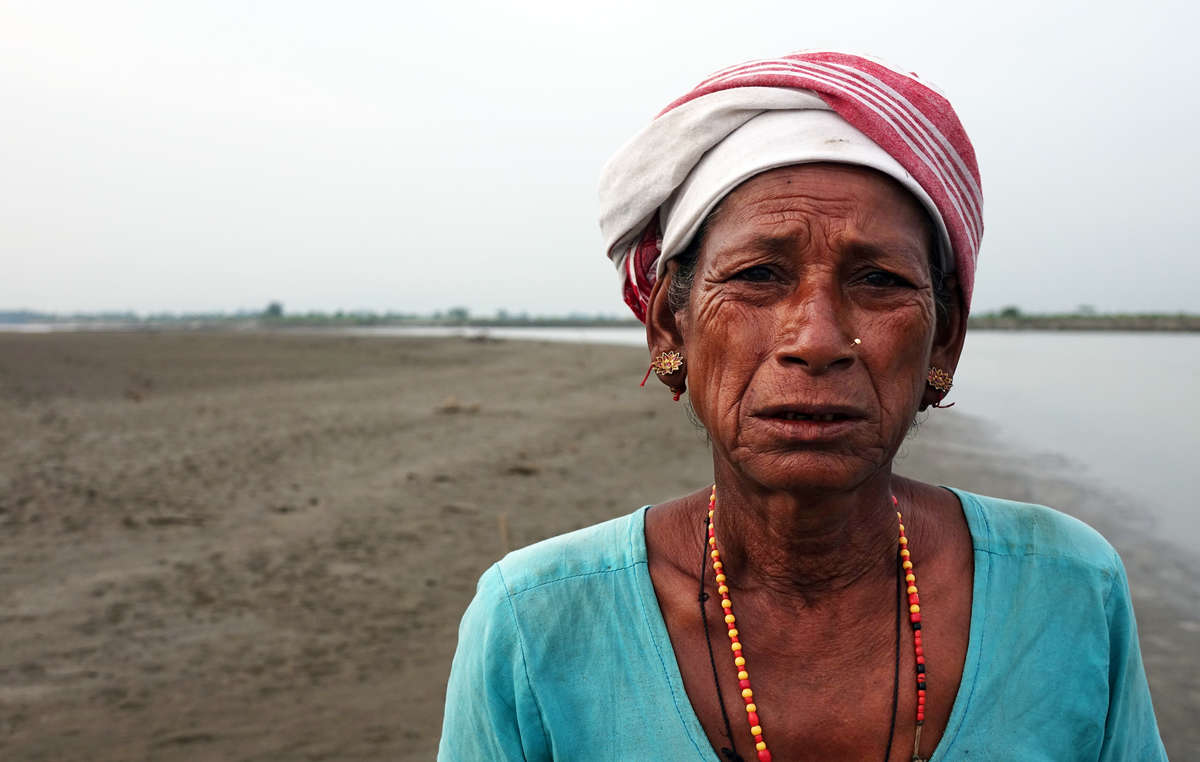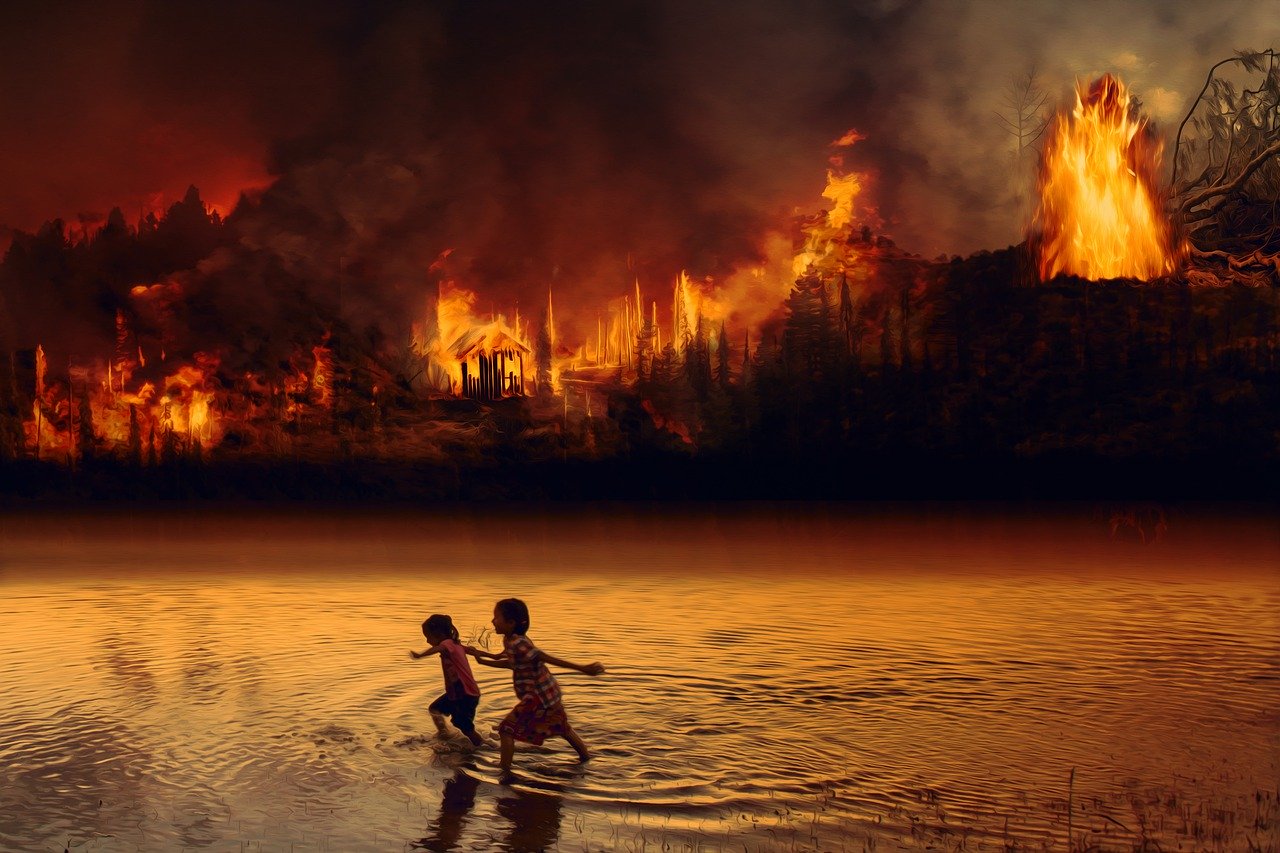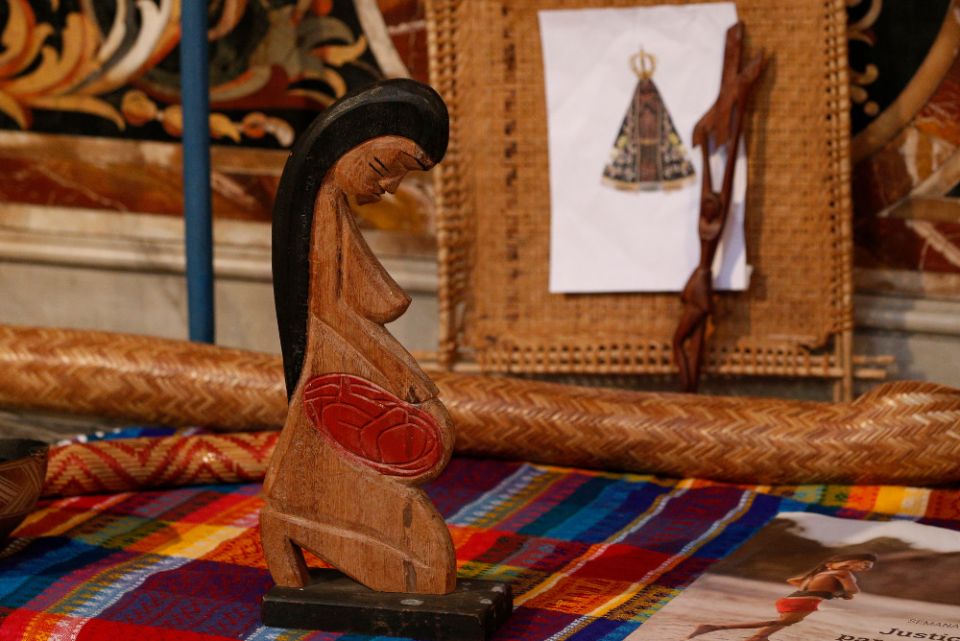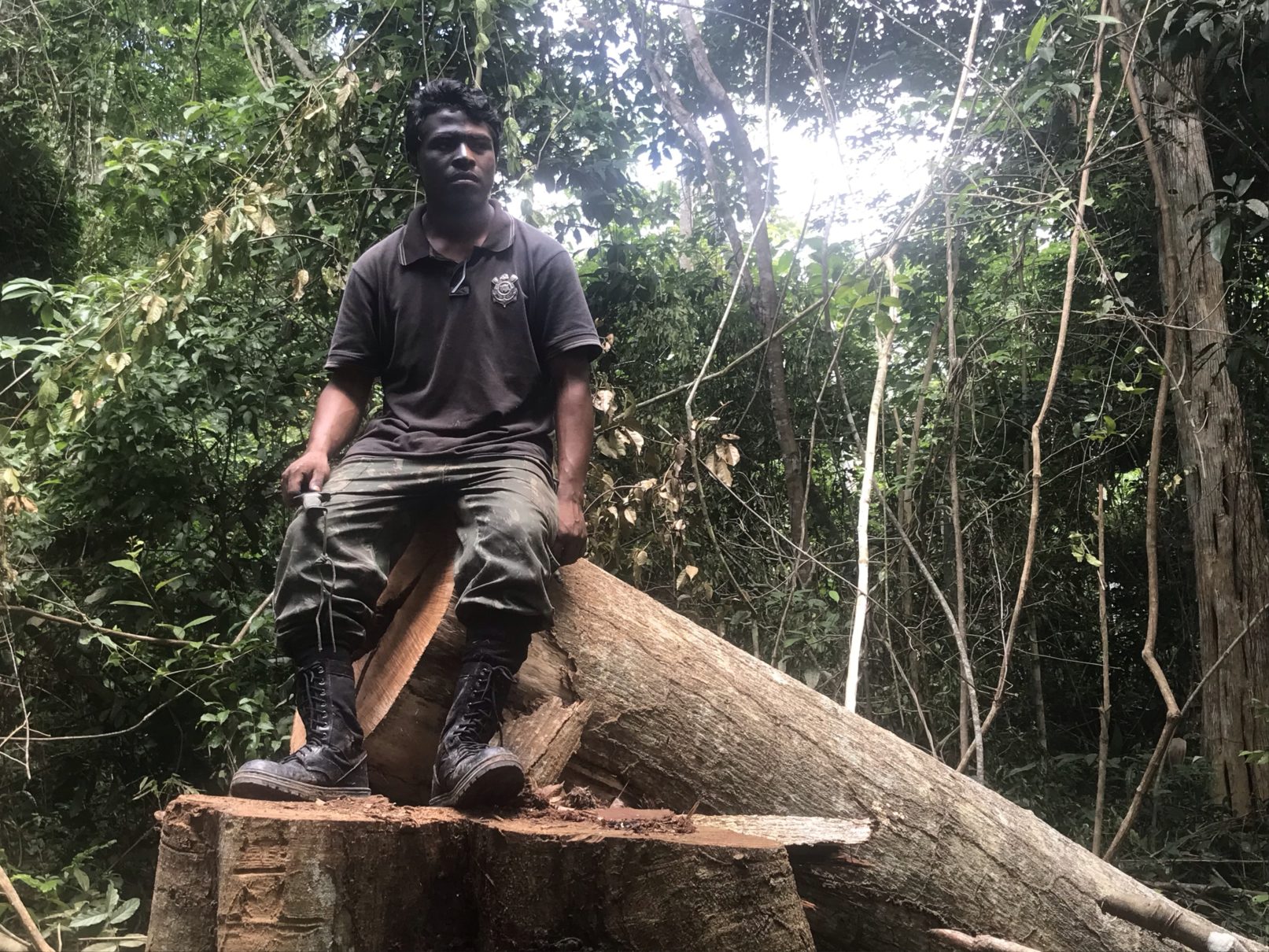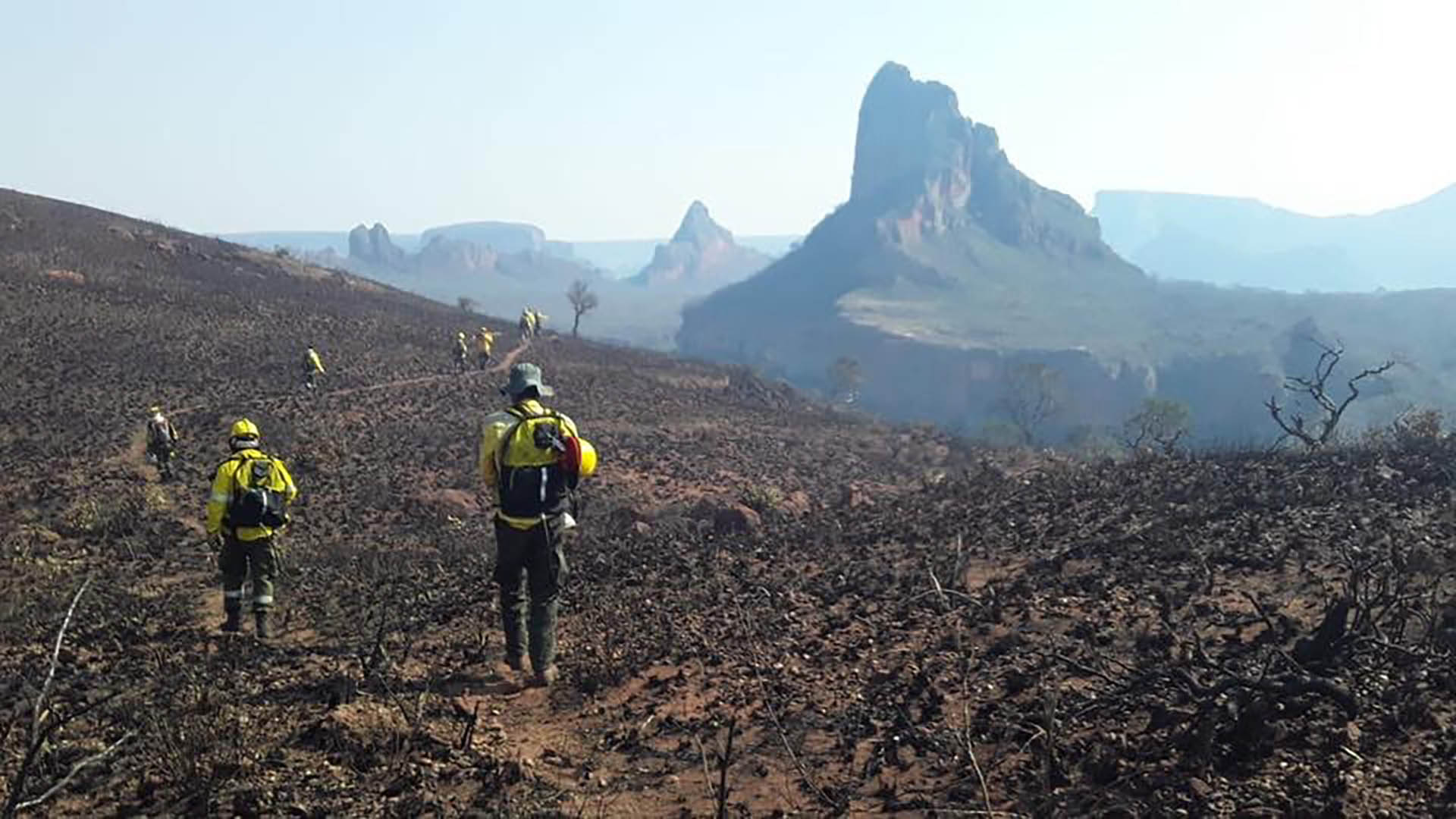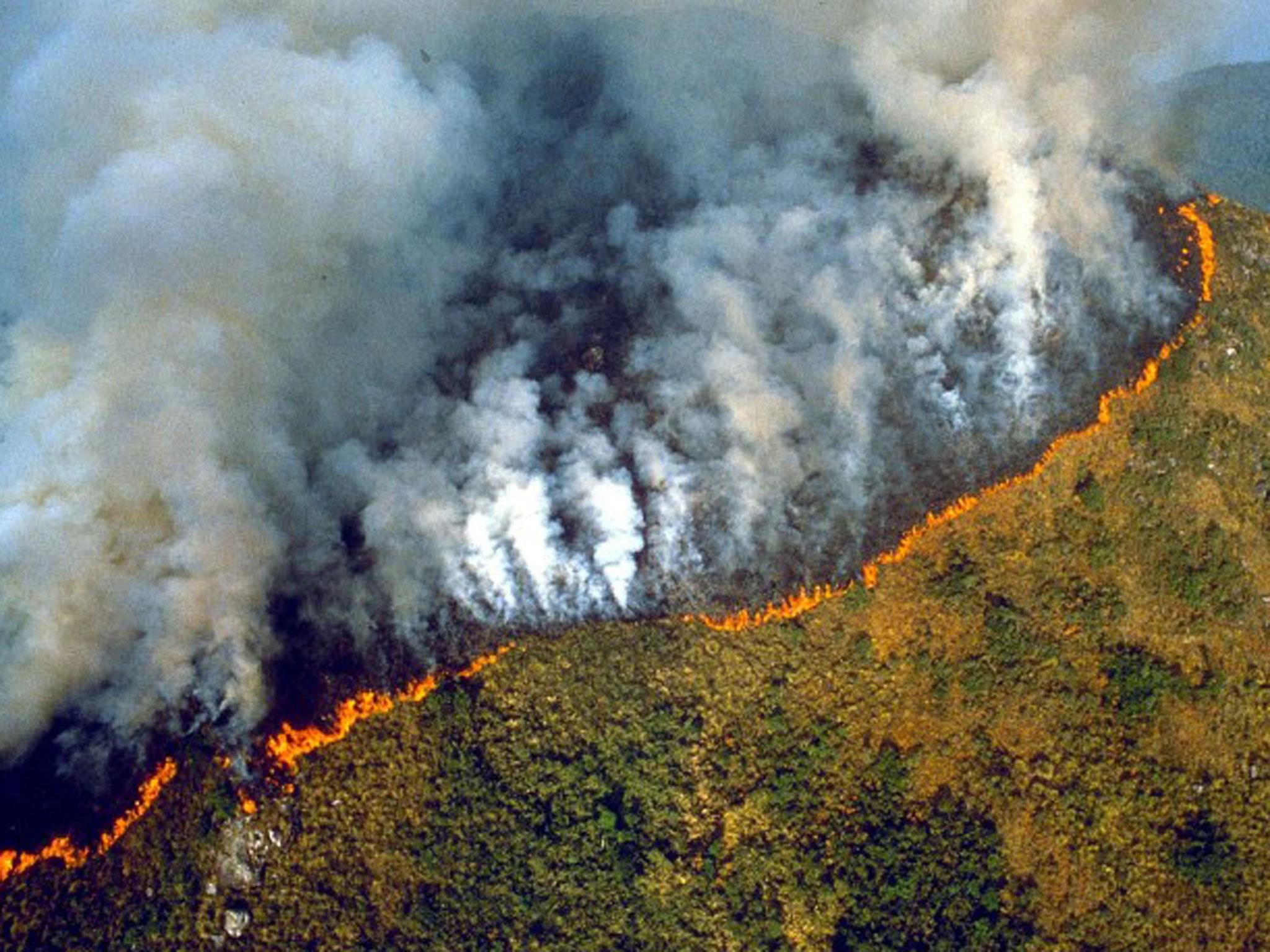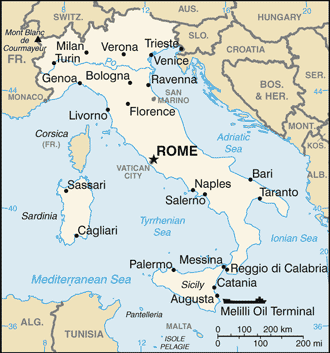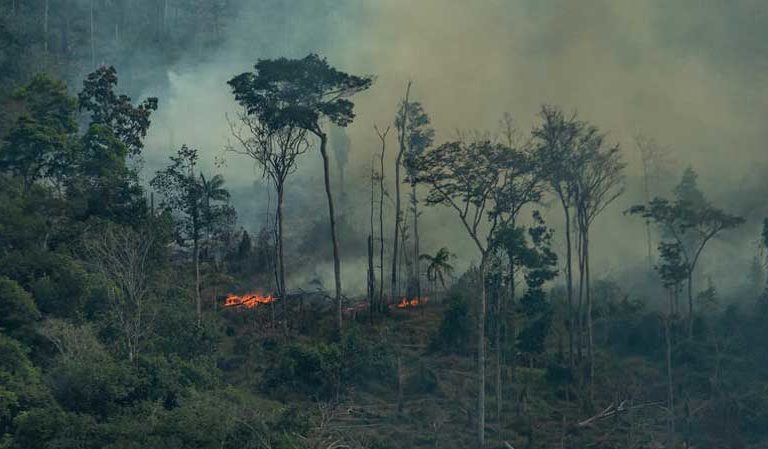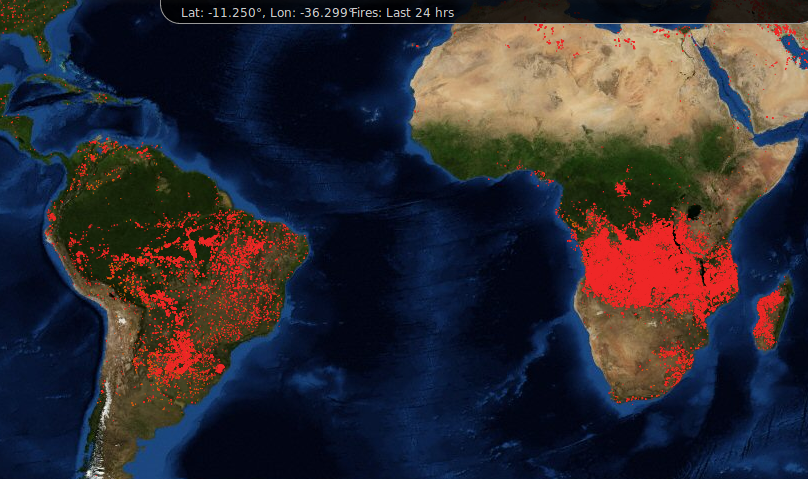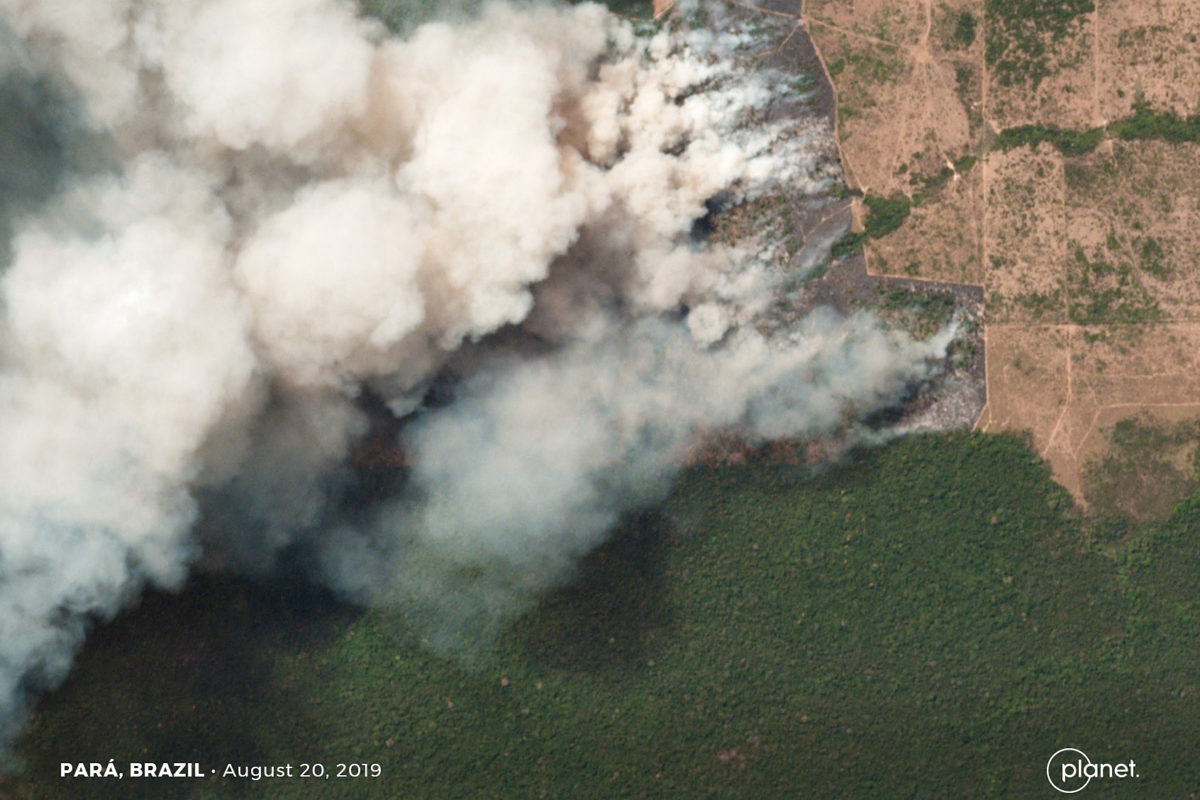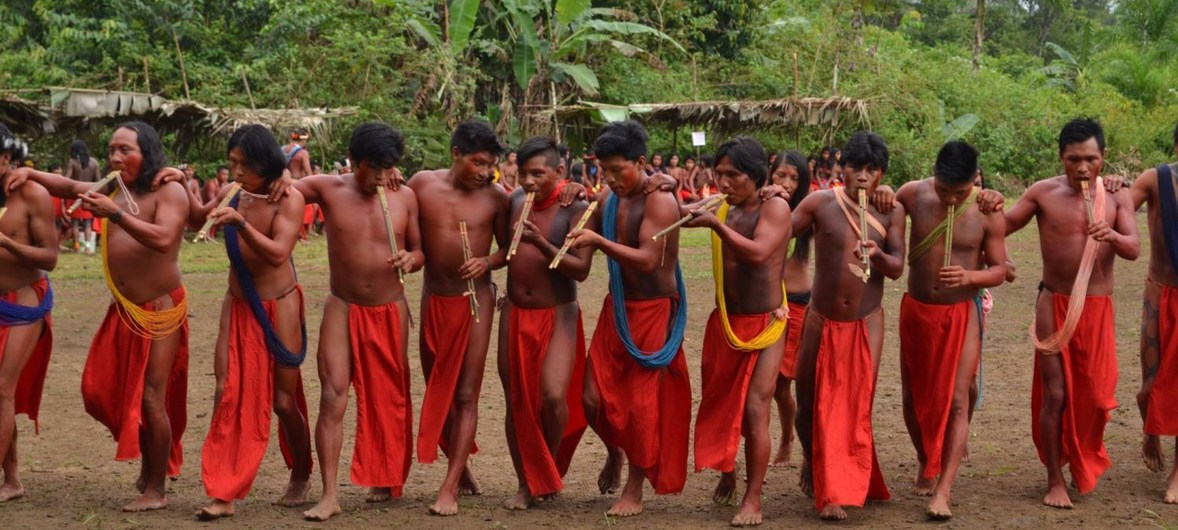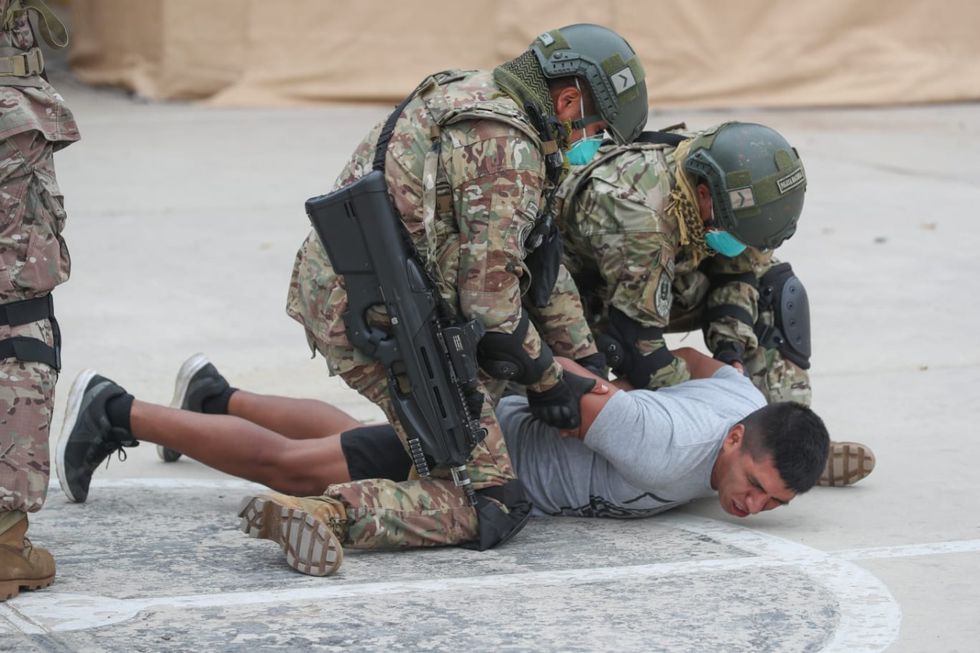
Worldwide police-state measures in face of COVID-19
With whole nations under lockdown, sweeping powers are being assumed by governments across the world in the name of containing the COVID-19 pandemic. Hungary’s parliament voted to allow Prime Minister Viktor Orbán to rule by decree. The Russian parliament has approved an “anti-virus” package that includes up to seven years imprisonment for serious violations of quarantine rules. Israel has joined South Korea in authorizing use of personal cellphone data to track the virus. Chilean President Sebastian Piñera has declared a “state of catastrophe,” sending the military to public squares recently occupied by protesters. Military patrols are also enforcing the lockdown in Peru, Italy, Romania and South Africa. “We could have a parallel epidemic of authoritarian and repressive measures following close on the heels of a health epidemic,” said Fionnuala Ni Aolain, UN Special Rapporteur on counterterrorism and human rights. (Photo: Peruvian army demonstration video, via YouTube)



